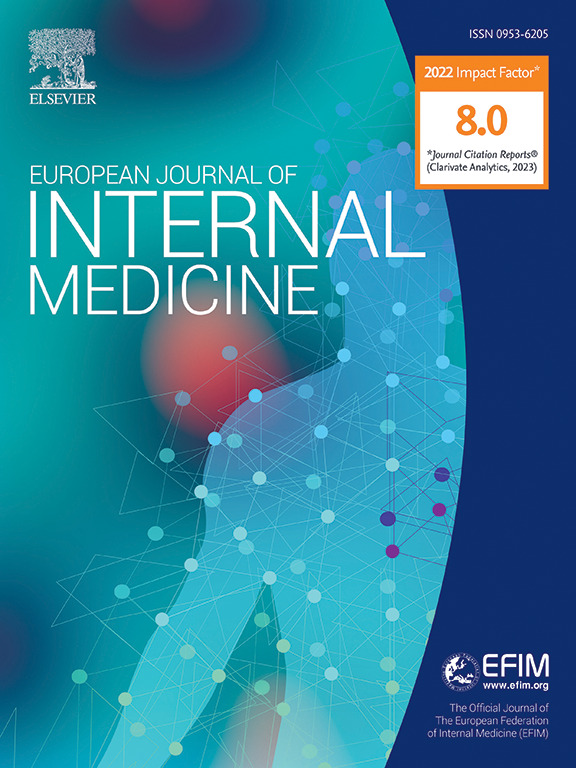器官捐献和移植的变革:提高捐赠者参与度和系统效率的策略。
IF 5.9
2区 医学
Q1 MEDICINE, GENERAL & INTERNAL
引用次数: 0
摘要
器官移植是一项挽救和改善生命的重要医疗程序,然而器官移植系统却面临着重大挑战,导致许多机会被错失。本综述探讨了导致错失这些机会的因素以及潜在捐献者的担忧。捐献者短缺仍是一个主要问题,登记率低、家属拒绝同意以及严格的医疗和健康标准加剧了这一问题。器官获取和移植过程中的效率低下,包括后勤延误和匹配系统不理想,进一步阻碍了器官的提供。公众的误解以及文化和宗教信仰也对捐献意愿产生了负面影响。此外,潜在捐献者及其家属还面临伦理、心理和程序方面的问题。伦理困境围绕着自主权和知情同意的问题,而心理问题包括对捐献过程及其对家庭影响的恐惧和焦虑。程序问题,如透明度、法律障碍和捐献后的随访,则增加了器官捐献的复杂性。本报告探讨了应对这些挑战的潜在解决方案,如加强公众教育活动以消除误解,以及为主动登记提供激励措施。它还建议提高器官获取组织的绩效,优化器官运输的物流,并开发先进的匹配算法,以确保器官分配的公平性。通过健全的道德标准、全面的心理支持和清晰的沟通策略来消除捐献者的顾虑至关重要。通过采取这些多方面的策略,可以提高器官移植系统的效率和支持性,增加器官的可用性,最终挽救更多生命。本综述强调,需要采取综合的、有针对性的方法来克服器官移植中的现有障碍。本文章由计算机程序翻译,如有差异,请以英文原文为准。
Transforming organ donation and transplantation: Strategies for increasing donor participation and system efficiency
Organ transplantation is a critical medical procedure that saves and improves lives, yet the system faces significant challenges that result in many missed opportunities. This comprehensive review examines the factors contributing to these missed opportunities and the concerns of potential donors. The shortage of donors remains a major issue, exacerbated by low registration rates, family consent refusals, and strict medical and health criteria. Inefficiencies within the organ procurement and transplantation process, including logistical delays and suboptimal matching systems, further hinder the availability of organs. Public misconceptions and cultural and religious beliefs also negatively impact donor willingness. Moreover, potential donors and their families face ethical, psychological, and procedural concerns. Ethical dilemmas revolve around issues of autonomy and informed consent, while psychological concerns include fear and anxiety about the donation process and its impact on families. Procedural issues, such as transparency, legal hurdles, and post-donation follow-up, add to the complexities of organ donation. This review explores potential solutions to address these challenges, such as enhancing public education campaigns to dispel myths, and providing incentives for proactive registration. It also recommends improving the performance of organ procurement organizations, optimizing logistics for organ transport, and developing advanced matching algorithms to ensure equitable organ allocation. Addressing donor concerns through robust ethical standards, comprehensive psychological support, and clear communication strategies is essential. By adopting these multifaceted strategies, the organ transplantation system can be made more efficient and supportive, increasing the availability of organs and ultimately saving more lives. This review underscores the need for integrated and targeted approaches to overcome the existing barriers in organ transplantation.
求助全文
通过发布文献求助,成功后即可免费获取论文全文。
去求助
来源期刊
CiteScore
9.60
自引率
6.20%
发文量
364
审稿时长
20 days
期刊介绍:
The European Journal of Internal Medicine serves as the official journal of the European Federation of Internal Medicine and is the primary scientific reference for European academic and non-academic internists. It is dedicated to advancing science and practice in internal medicine across Europe. The journal publishes original articles, editorials, reviews, internal medicine flashcards, and other relevant information in the field. Both translational medicine and clinical studies are emphasized. EJIM aspires to be a leading platform for excellent clinical studies, with a focus on enhancing the quality of healthcare in European hospitals.

 求助内容:
求助内容: 应助结果提醒方式:
应助结果提醒方式:


